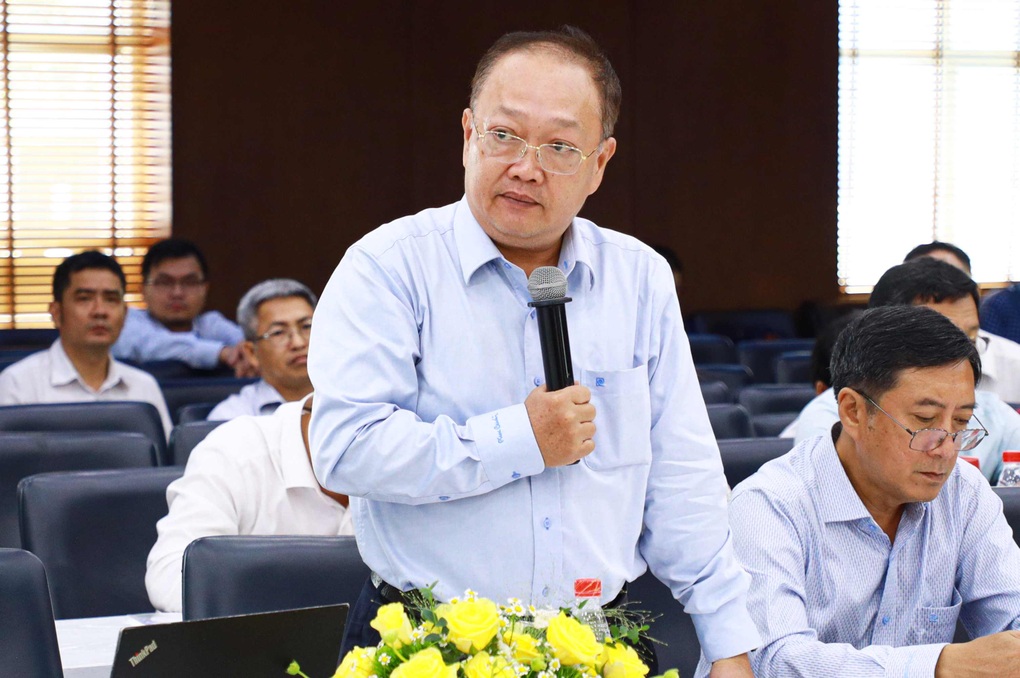
Mr. Pham Quoc Viet, Vice Principal of University of Finance - Marketing (Photo: Thanh An).
According to the policy standardization explanation of the Draft Law on HigherEducation (amended), the process of opening a major is built into a registration and licensing process for operating according to the field, level and training location.
Discussing the above issue, Mr. Pham Quoc Viet, Vice Principal of the University of Finance - Marketing, is concerned that this is a "step backwards" compared to current regulations, when most schools have been autonomous in opening majors.
"In my opinion, this is a step backward. We should move from pre-inspection to post-inspection. Schools that are determined to be qualified will self-announce, and the Ministry will be responsible for post-inspection. Schools will be responsible for explaining themselves to society. Licensing, should it be reserved for a number of very specific fields such as: teachers, health, law, national defense, and security," Mr. Viet proposed.
According to Mr. Viet, if licensing is returned, it will entail a series of other procedures such as revoking licenses, and will "give birth" to an additional apparatus to carry out these tasks.
Dr. Le Truong Tung, Chairman of the Board of FPT University, recommended that the registration and licensing of opening training fields and programs should clearly state the regulations.
"When it comes to licensing, many schools are hesitant," said Mr. Le Truong Tung.
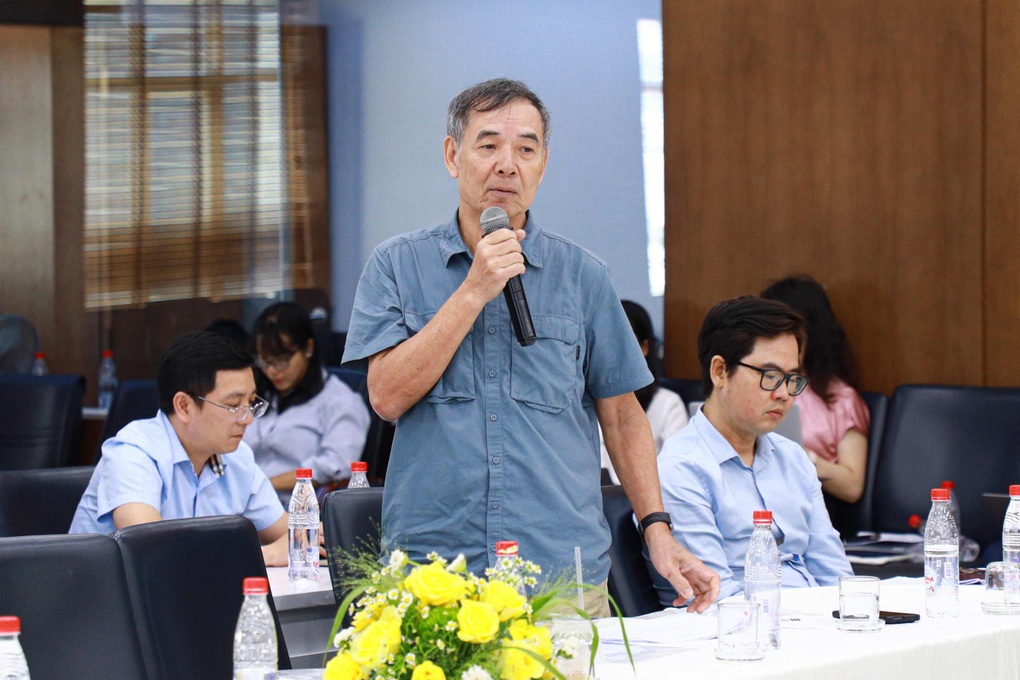
Dr. Le Truong Tung, Chairman of FPT University Council (Photo: Thanh An).
Sharing on the sidelines of the workshop, the leader of another university also expressed concern about the shortcomings of "sub-licenses".
In response to these concerns, Professor Nguyen Tien Thao, Director of the Department of Higher Education, said that schools may be looking at the problem with an old mindset, which is why it is still very difficult. He explained that the current regulations on autonomy in opening majors, although empowering, lack an effective control mechanism.
"With the new regulation, there will no longer be the concept of "opening a major" as previously understood, but will instead be registration and licensing of operations according to the field, training level and training location. This applies to the first field (major) and program. From the second program onwards, schools do not need to register and apply for a license," Mr. Thao clarified.
The Director of the Department of Higher Education reassured schools not to worry too much, the declaration is implemented simply on the electronic system. Schools declare themselves and are responsible for the content of their declaration, ensuring that they meet the standards for training.
"The regulations will be flexible and expanded but will not loosen quality, will not weaken the State's management role, and will ensure unity," Professor Nguyen Tien Thao emphasized.
Speaking further on this issue, Deputy Minister of Education and Training Hoang Minh Son said that for a long time, schools have been used to using the term "opening a major", but it is not entirely accurate and has a profound meaning because the major has been specified in the list. The nature of the major is a code for statistics and classification of programs, so the focus should be on the training program.
He also pointed out the shortcomings after the 2018 Law on Higher Education was applied, which was that educational institutions had the concept of "opening new majors". The autonomy to open majors led to the emergence of hundreds of majors that were not on the list. At this time, the problem was where to arrange them and caused difficulties for recruiting agencies when students graduated.
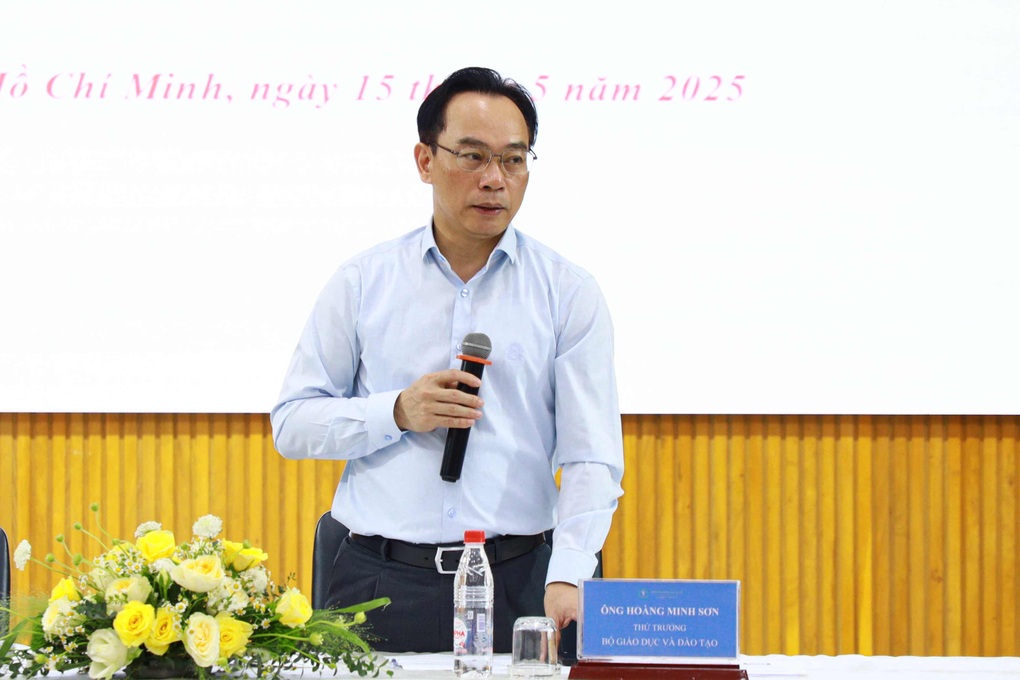
Deputy Minister of Education and Training Hoang Minh Son (Photo: Thanh An).
The Deputy Minister said that the Ministry does not want to have to control this field when it is increasingly giving more autonomy to educational institutions. However, besides schools that do it seriously, there are also schools that abuse and do it incorrectly.
"The new regulation aims to minimize abuse," the Deputy Minister emphasized.
Regarding the spirit of the amended Law, Deputy Minister Hoang Minh Son said that the State (the Ministry of Education and Training in charge of management) will focus on strictly managing core areas and granting autonomy to the remaining majority.
The focus is on the quality and commitment of higher education institutions to protect the interests of learners, society, and investors, focusing on transparency, accountability, and fairness. In addition, for public entities, attention will also be paid to the effectiveness of operations. These are basic principles in education and ensure consistency.
The Draft Law also clearly stipulates the training program (Article 16), emphasizing openness, flexibility, integration and learner orientation, while granting autonomy to schools in developing and implementing the program, except for specific areas decided by the Minister of Education and Training.
According to Article 16 of the Draft Law on Higher Education (amended), regulations on training programs are provided.
Higher education institutions develop, evaluate and promulgate training programs that meet training program standards at all levels; select, compile, evaluate and use textbooks and documents that ensure quality, are updated and appropriate to the training program.
The training program has an open and flexible structure * ; designed according to research, application or specialization orientation; integrates knowledge, skills, and professional capacity, meeting human resource development requirements; each program belongs to a major or interdisciplinary field in the list of statistics on higher education training majors.
The Minister of Education and Training promulgates a list of statistics on higher education training sectors; training program standards for each level of higher education in accordance with the Vietnamese National Qualifications Framework; guidelines for assessing learning outcomes and recognizing diplomas; regulations on granting, content, appendices, printing, management, issuance, revocation and cancellation of diplomas.
Higher education institutions are autonomous in organizing and implementing training programs when meeting quality assurance conditions as prescribed by law, except for programs in the fields of teacher training, law, health, national defense and security as decided by the Minister of Education and Training.
(*) Flexibility is explained as a training program with an open, flexible structure to meet the requirements of personalizing the learning path of learners, adapting to rapid changes in the labor market, integrating interdisciplinary knowledge, allowing credit accumulation, linking between training programs and levels, ensuring compliance with national standards and international integration requirements.
Source: https://dantri.com.vn/giao-duc/thay-doi-quy-dinh-mo-nganh-dai-hoc-lo-ngai-giay-phep-con-giam-tu-chu-20250516073811744.htm




![[Photo] Prime Minister Pham Minh Chinh and Prime Minister of the Kingdom of Thailand Paetongtarn Shinawatra attend the Vietnam-Thailand Business Forum 2025](https://vphoto.vietnam.vn/thumb/1200x675/vietnam/resource/IMAGE/2025/5/16/1cdfce54d25c48a68ae6fb9204f2171a)







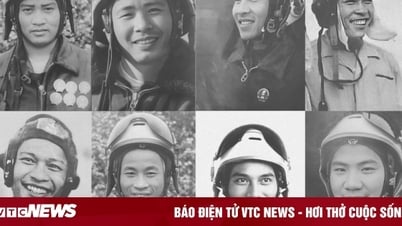
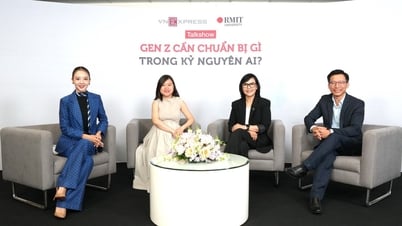
![[Video] Warning about scam of impersonating admissions officers calling parents](https://vphoto.vietnam.vn/thumb/402x226/vietnam/resource/IMAGE/2025/5/17/fcd80836a7654d1e990971560b233f02)

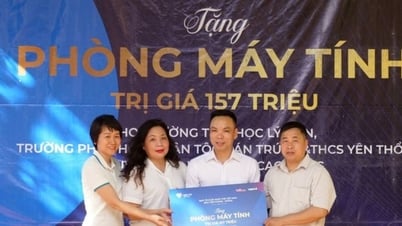











![[Photo] President Luong Cuong receives Prime Minister of the Kingdom of Thailand Paetongtarn Shinawatra](https://vphoto.vietnam.vn/thumb/1200x675/vietnam/resource/IMAGE/2025/5/16/52c73b27198a4e12bd6a903d1c218846)












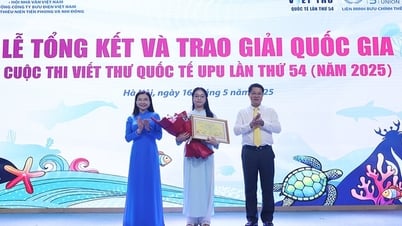

















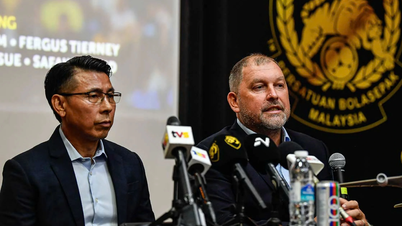
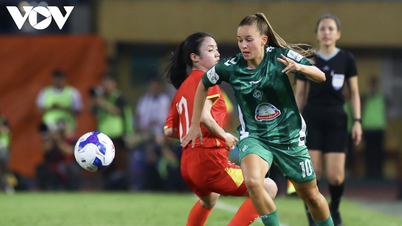

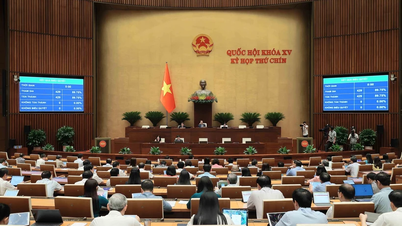





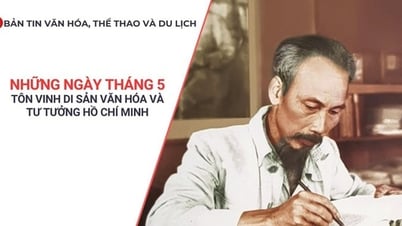

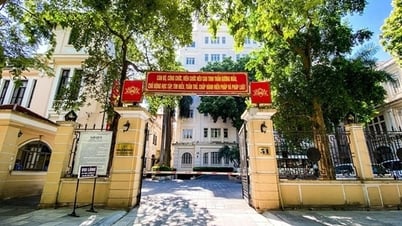



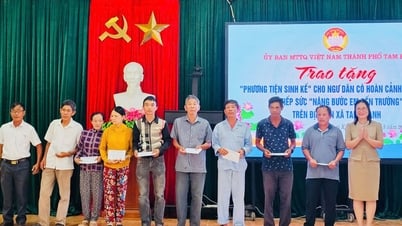

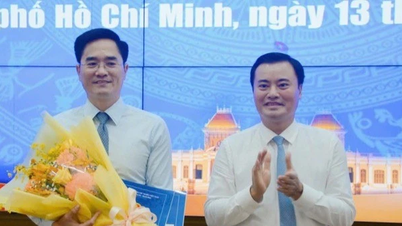

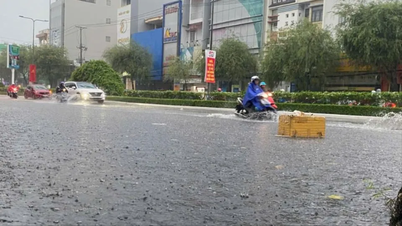

![[VIDEO] - Enhancing the value of Quang Nam OCOP products through trade connections](https://vphoto.vietnam.vn/thumb/402x226/vietnam/resource/IMAGE/2025/5/17/5be5b5fff1f14914986fad159097a677)













Comment (0)